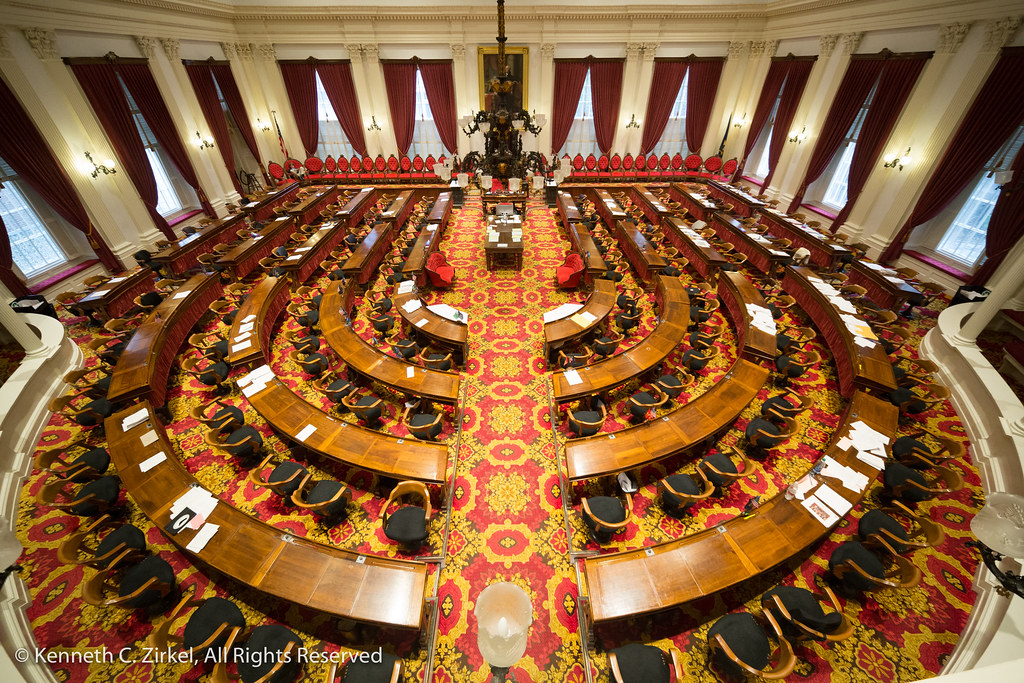Investing in Vermont’s Future: Community Conversations
 Thanks to remaining federal stimulus funds and a surge in state revenues, Vermont is currently in a position to make unprecedented investments in its economic future. The Legislature is gathering ideas at planned open discussions to inform policy and budgetary work related to these future investments.
Thanks to remaining federal stimulus funds and a surge in state revenues, Vermont is currently in a position to make unprecedented investments in its economic future. The Legislature is gathering ideas at planned open discussions to inform policy and budgetary work related to these future investments.
This is an opportunity to meet with State House leaders and voice your concerns about the economic future of Vermont. Vermont is facing a housing crisis that continues to exacerbate the workforce shortages plaguing virtually every sector. These upcoming discussions with key leaders are your chance to share experiences and express your informed views about the future of local businesses in Vermont.
This could include discussing the impacts of increased taxation and regulation on business operations – particularly for small businesses, the ongoing challenges related to the workforce shortage crisis, and more.
These regional discussions will be held virtually.
- Washington County Conversation, Thursday, October 28th, 5:30 – 6:30. Register here.
- Orange County Conversation, Tuesday, November 2th, 5:30 – 6:30. Register here.
- Chittenden County Conversation, Thursday, November 4th, 5:30 – 6:30. Register here.
- Orleans County Conversation, Monday, November 8th, 5:30-6:30. Register here.
- Lamoille County Conversation, Wednesday, November 10th, 5:30 – 6:30. Register here.
- Final conversation open to anyone across the state, Tuesday, November 16th. Register here.
To guide your remarks in advance of these conversations, consider:
- How could the State use available funds in a manner that supported the existence and growth of Vermont’s business community?
- How do the current high costs of business operations impact your ability to provide greater benefits to your employees?
- How would additional regulatory burdens and taxation impact your business?
- What barriers, regulatory or otherwise, are impacting the lack of housing in your community?
- What additional actions could the State take to incentivize the in-migration of essential workers?
- What specific investment could the State make to reduce your operating costs? For instance, the Unemployment Trust Fund was drawn down during the height of the pandemic and employers are obligated to refill the fund – would State investments that offset some of that obligation be meaningful to you?
Thank you for participating.
SHARE THIS ARTICLE
RECENT NEWS




